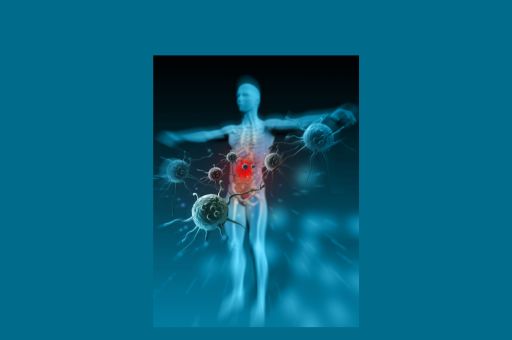On 23 October, the plenary session of the Senate gave its final approval to the Law aimed at improving the quality of life of people with Amyotrophic Lateral Sclerosis (ALS) and other highly complex and irreversible neurological diseases or processes, a regulation that came into force with its publication in the Official State Gazette on 31 October.
Approved by broad consensus, the so-called ALS Law responds to the majority of requests made by patient associations and addresses measures that will benefit both sufferers and their families and caregivers.
TDB keeps you informed. Follow us on Facebook, Twitter and Instagram
ALS Act: measures and benefits for patients and caregivers
What is ALS and how many people suffer from it?
Amyotrophic Lateral Sclerosis, better known as ALS, is an incurable neurodegenerative disease that affects motor neurons in the brain and spinal cord. This pathology causes muscle atrophy until the patient becomes totally immobile, unable to perform basic tasks such as eating, speaking or breathing, but with mental and cognitive faculties intact.
ALS affects around 4,000 people in Spain, with 900 new cases diagnosed each year. The average age of onset is between 40 and 70 years; it is the most common motor neurone disease in adulthood, with a survival of between 3 and 4 years from diagnosis. This high mortality makes ALS – after Alzheimer’s and Parkinson’s – the third most common neurodegenerative disease.
Who benefits from the ALS Act?
The ALS Act proposes a series of legislative changes to improve the quality of life of people diagnosed with this disease and also of patients with other pathologies -whether neurological or not- who meet the following criteria:
- Having an irreversible condition and with a significant reduction in survival.
- Not having had a significant response to treatment or when there are no therapeutic alternatives that will improve the functional state or prognosis of these people.
- Require complex social and health care, centred in the home and with a high impact on the close environment of the affected persons.
- Have a rapid progression in some of these processes that requires accelerating administrative processes of assessment and recognition of the degree of disability or dependency.
In addition, the law stipulates that the Government must publish a list of the diseases and specific processes that would fall within the scope of application of the ALS Act within a period of one year.
Streamlining disability procedures
Firstly, the new ALS Act addresses the recognition of the disability status of ALS patients and other highly complex and irreversible diseases, with the aim of speeding up these procedures. To this end, the regulation establishes an urgent procedure for the review of the degree of disability with a maximum period of 3 months.
On the other hand, a specific procedure is defined for the qualification of the degree of dependency, the right to benefits and the review of the individual care programme, also with a maximum period of 3 months.
More resources for healthcare professionals and carers
To facilitate this streamlining of procedures, the ELA Act establishes the provision of resources to multi-professional teams for the qualification and recognition of the degree of disability.
Furthermore, with the aim of improving the protection of carers of people in a situation of high dependency (Grade III), the law proposes that this group will be able to maintain the contribution base of their previous professional activity so that their new occupation as carers does not affect their future pension.
On the other hand, with the new ELA Act, carers of dependent persons are considered a priority group for employment policy. This group, together with health professionals specialising in highly complex neurological diseases or processes, will also be able to access training for carers.
24-hour care, more aid and research
The text establishes that measures will be incorporated to guarantee continuous 24-hour specialised care for patients in the advanced stages of the disease. It also includes new aid for patients dependent on electronic devices, such as a guarantee that their electricity supply will not be cut off or higher electricity tariff subsidies.
In addition, aid will be standardised for travel, food and accommodation expenses for patients who are referred to a health centre in a different autonomous community to where they live, and the possibility of receiving rehabilitation with physiotherapy services in hospital or at home will be opened up.
Finally, the creation of a State Register of Neurodegenerative Diseases was announced, which will provide epidemiological information on these diseases to improve health management, and the creation of a new structure at the Carlos III Health Institute to promote research into ALS.
